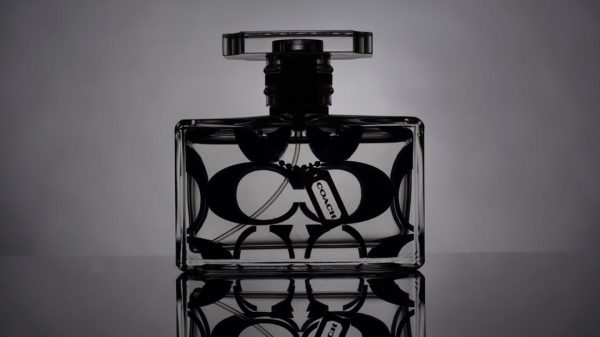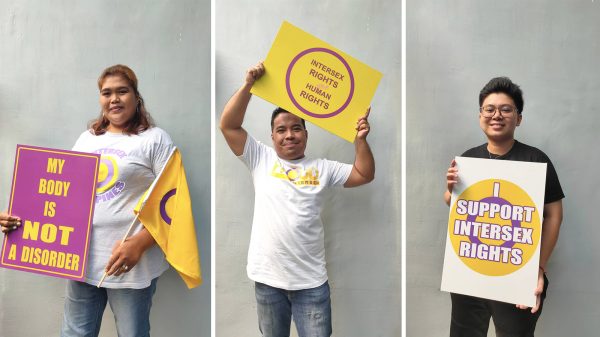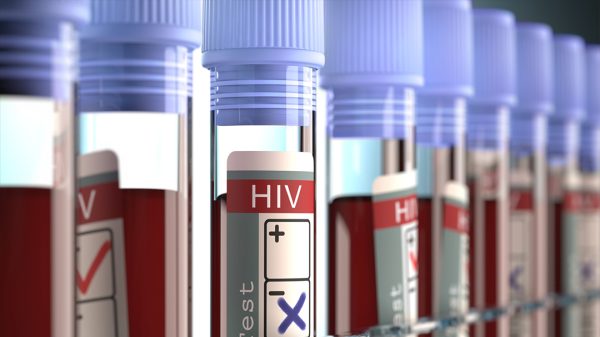Dr. Jose Narciso Melchor Sescon – president of the AIDS Society of the Philippines and current Chief of Clinics of Sta. Ana Hospital – answers all your HIV-related inquiries. For all your questions, email josescon1@gmail.com or info@outragemag.com.
Dear Doc,
I’m a new IDU. I occasionally share needles. One of my friends told me that it’s okay to clean the needle with bleach. Is this true?
Mr. IDU
People who inject/use drugs should know how to protect themselves in contracting blood-borne infections, such as Hepatitis B and C , syphilis, malaria, and HIV. Ideally, disposable needles/syringes (i.e. one time use) is the safest way to go about this, but there are instances – for instance, due to financial constraints – when one ends up re-using needles.
Here, the gold standard of cleaning syringes is with the use of bleach and water. There is the 2 x 2 x 2 technique of cleaning; that is, you prepare two sterile containers for sterile water or distilled water, and the third container is household bleach. Draw water from the first water container up to the brim of the syringe, then squirt or flash out in the waste bin. Follow the same with bleach (from the second container), and then squirt out in the waste bin. For the final step, draw water from the third container, then squirt out, too. Now the syringe is clean for use.
Note that while the virus can be easily decontaminated with the use of household bleach, one disadvantage with repeated use of needles and syringes is the sharpness of the needles. That is, with repeated use, it becomes dull and injecting becomes more rough and discomforting.































































